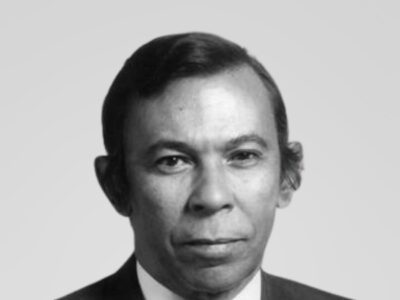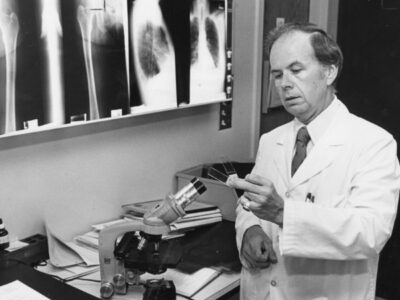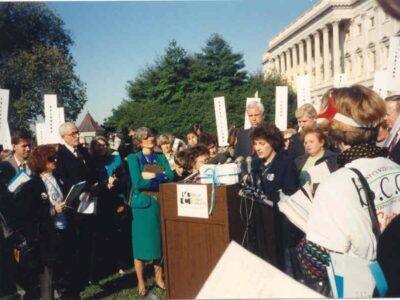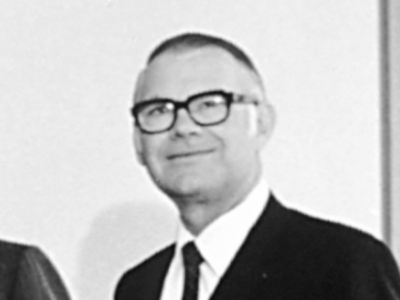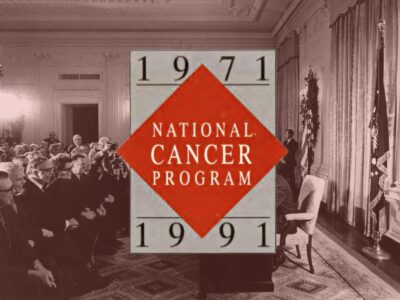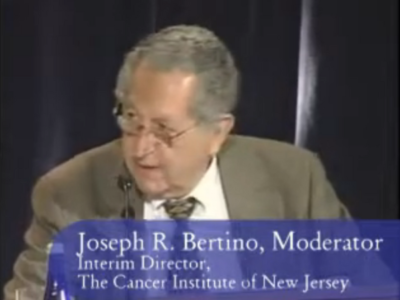Ask members of the oncology community about the Howard University Cancer Center (HUCC), and more than 70 years later they will more than likely mention the man who laid the foundation for it.xxx:more“Today HUCC is still known as ‘the house that Jack built,’” said Carla Williams, PhD, associate professor of medicine and public health and interim director at HUCC.The Jack to whom Williams refers is Jack E. White, MD, and his cancer legacy began in the early 1950s when he st
On March 7, join Stacy Wentworth, Mirelle Luecke, and Karen Tumulty, in a free virtual panel discussion about Betty Ford and Nancy Reagan—two First Ladies who made history when they were diagnosed with breast cancer while in the White House.
The following is an excerpt from How We Do Harm: A Doctor Breaks Ranks About Being Sick in America, by Otis W. Brawley, MD, with Paul Goldberg, published in 2012.
Nearly three years ago, Robert A. Winn and Otis Brawley provided their unforgettable personal perspectives on the murder of George Floyd by Minneapolis police.
Duke Cancer Institute is commemorating 50 years of gynecologic care and research.
In January, the Cancer History Project is focusing on the legacies of the people who comprise the field. A full archive of individuals whose contributions are preserved in the Cancer History Project is available here.
In an interview with the Cancer History Project, Kay Dickersin, one of the early leaders of the grassroots breast cancer patient advocacy movement, recounted the beginnings of the National Breast Cancer Coalition.
In 1971, when the National Cancer Act was signed, J. Palmer Saunders was the director of the Division of Cancer Research, Resources and Centers.
In 1991, NCI recorded impact statements commemorating the twentieth anniversary of the National Cancer Act of 1971—and now this historic document has been digitized and made searchable in the Cancer History Project.
Rutgers Cancer Institute of New Jersey opened its doors in 1993 as the result of a P20 planning grant, and in 1997 became the first NCI-designated cancer center in New Jersey.


